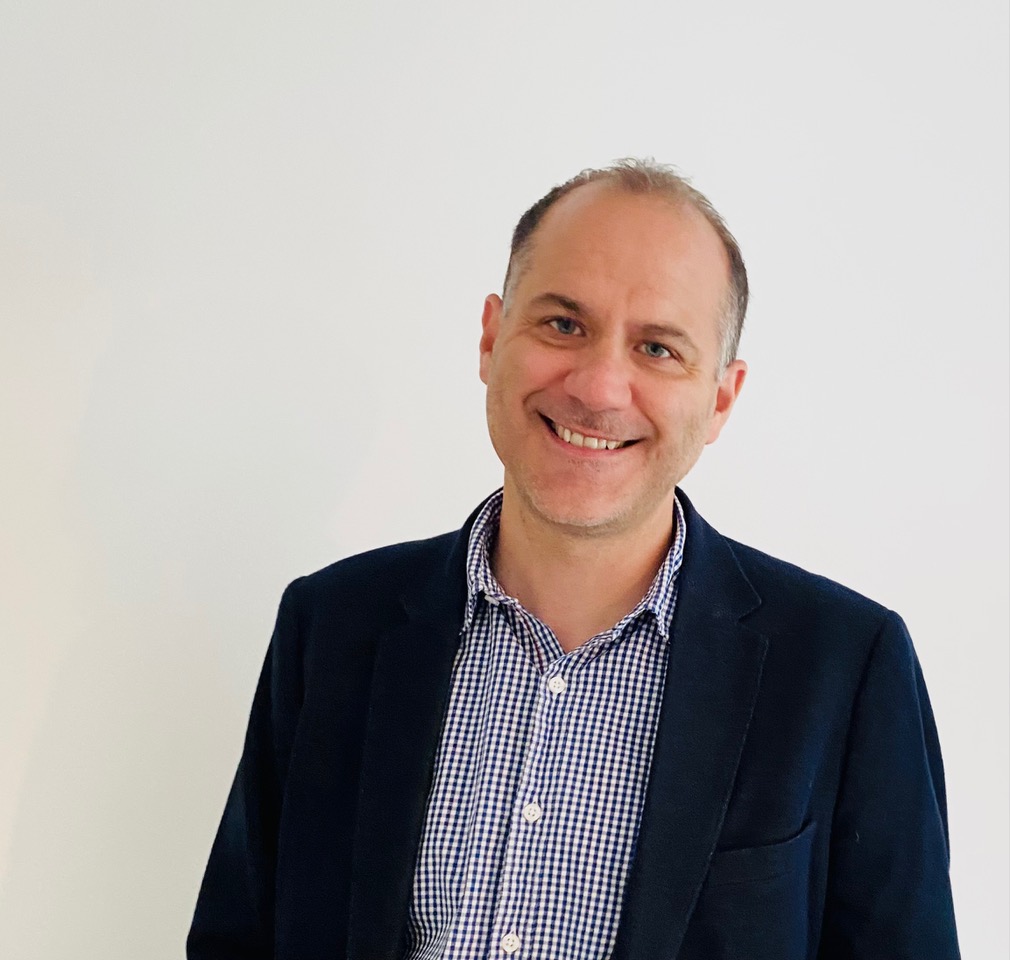It ain’t what you do it’s the way that you do it. And that’s what gets results.
In the past, when people questioned my seemingly incoherent CV, I would say, “I make things happen”. I’d often continue – proudly – that it was not always pretty, but I always got the job done.
In the past, when people questioned my seemingly incoherent CV, I would say, “I make things happen”. I’d often continue – proudly – that it was not always pretty, but I always got the job done. Sometimes I would go further, quoting a scene from the TV series, ‘The West Wing’, where the White House chief of staff, Leo McGarry said, “There are two things in the world you never want to let people see how you make ‘em: laws and sausages.” I’d add my projects onto that list.
I was focused on the ‘what’. The driving question I was asking was, ‘what should I be doing’?
Then, thanks to particularly catchy song and a well-known Bible verse – both my discipleship and leadership journeys collided, and everything changed, for ever.
Let’s begin with an (annoyingly) catchy song-lyrics, ‘It ain’t what you do it’s the way that you do it. It ain’t what you do it’s the way that you do it. It ain’t what you do it’s the way that you do it. And that’s what gets result’. (The Fun Boy Three with Bananarama)
What utter rubbish, I thought! The ‘what’ is what gets results. But, as (annoyingly) I couldn’t get the lyrics out of my head I began to ponder, perhaps the way I treated people did matter. Perhaps things would be easier, and the results better, if I did consider the ‘way’ a lot more than just the end results. Perhaps the journey was as important as the destination. ‘It ain’t what you do it’s the way that you do it...’
Having initially been fairly convinced that my obsessions with the ‘what’ was biblically based, I was shaken to the core when I realised that perhaps Paul, in Colossians 3:7, said something similar to The Fun Boy Three with Bananarama: “And whatever you do, whether in word or deed, do it all in the name of the Lord Jesus…” That got me thinking. What if God is also more concerned about the ‘way we do things’ rather than ‘what we do’.
As someone who is future-orientated, I spent most of my time asking God, what I should be doing in the future. What if a better question was, how should I be approaching the things that are in front of me today? So much of the ‘what’ is totally outside of my control, however, I always have some degree of control over the way I respond to what’s in front of me.
I should point out, I’m not saying the ‘what’ is not important. As leaders, the ‘what should we be doing’ is an important question, and the Bible does put some perimeters around the ‘what’ (take Philippians 4:8 for example). However, the ‘way’ is also important – and something that many of us need to spend a lot more time thinking about. This realisation transformed how I approached life as a follower of Jesus and involved a total recalibration of my approach to leadership.
Pause for a moment and think about a leader you admire.
Why do you admire them?
I suspect that, at least in part, you admire them because of the way they did / do things. It’s highly likely that the ‘way’ is more significant than the ‘what’.
So, what does the week ahead look like for you? I doubt – at this stage – you can do much about what your week contains. However, you can still significantly alter the way you do things, the way you think about things and the way you approach people.
I now find myself leading a global children’s charity – Viva. I believe that I’m in this role because over the past few years I have spent a lot less time asking God what I should be doing in ten years time, and spent a lot more time focusing on the way I was responding to the opportunities God had given me to serve, faithfully, in the present.
As a charity, what we are seeking to do is important – we want children everywhere to live life in all its fullness. However, our focus is on the way. We know that there are already churches in communities around the world who are ideally placed to make an impact in the lives of children – many of them are already doing great things. But so often, they are working in isolation. We believe that by working together they can have so much more impact. And that’s why we exist – to inspire, equip and connect networks of churches and community-based organisations to work together to make a bigger, better and longer-lasting impact in the lives of children.
“And that’s what gets results.”

Phil Green
Chief Executive, Viva – together for children




